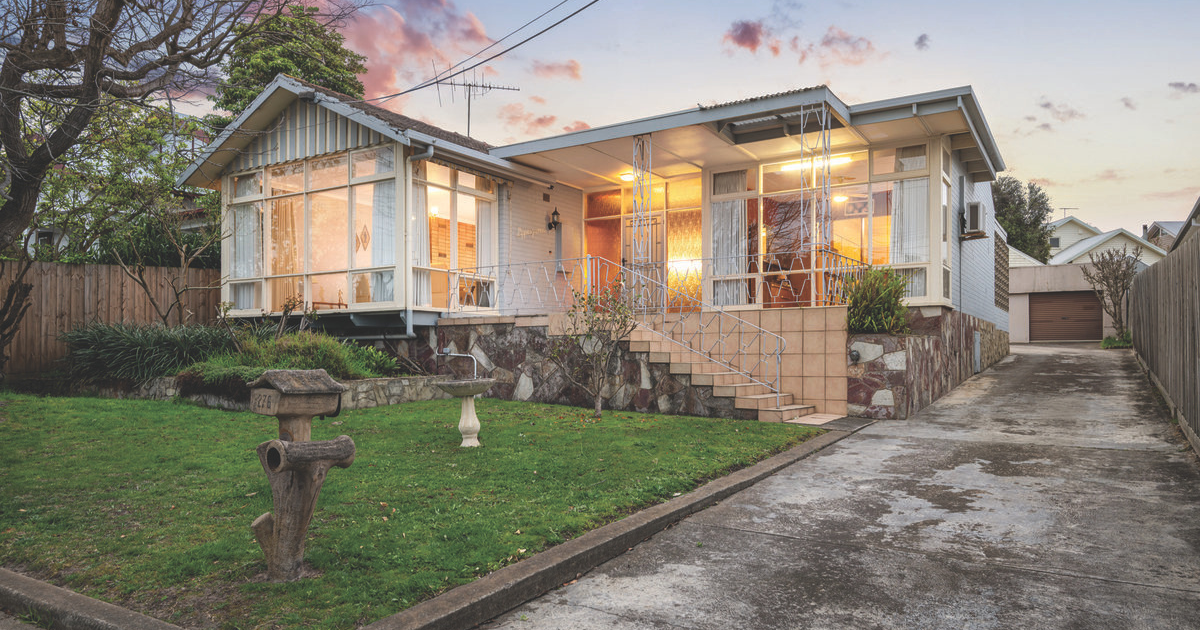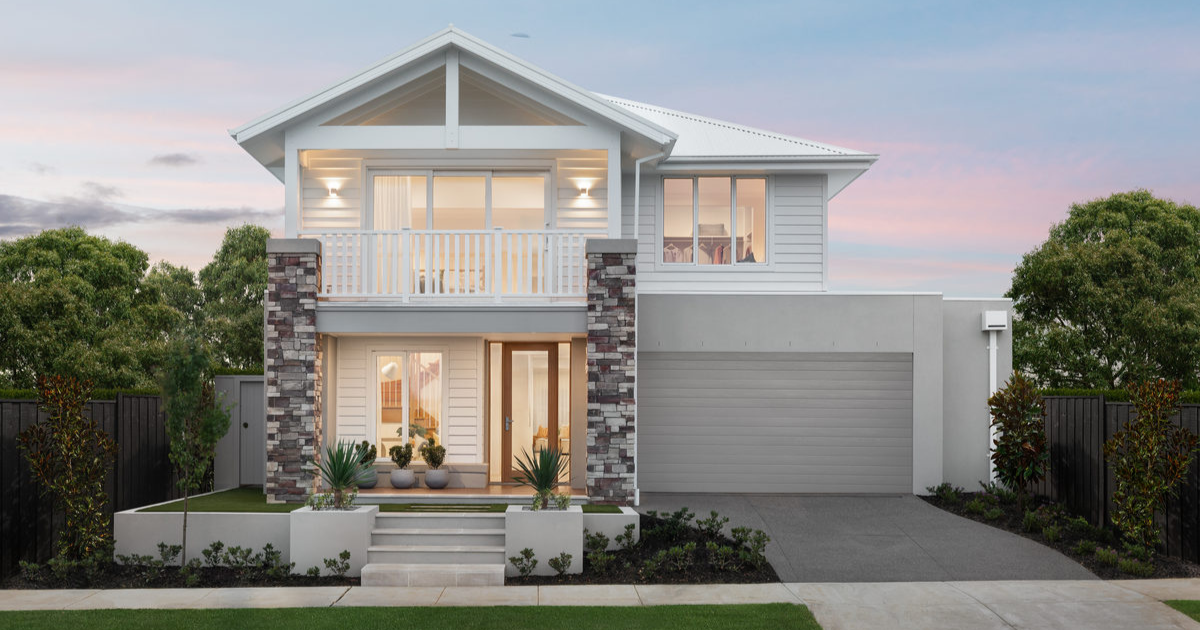Town by town snapshot: Winchelsea
The size of the Winchelsea district is about 247.5 square kilometres with the population of Winchelsea recorded at 1,955 in 2011, and by the 2016 Census the population was 1,944 showing a population decline of 0.6 per cent in the area during that time.
Although this recorded period showed no growth, Winch has jumped ahead in leaps and bounds since the last Census, seeing a median house price increase of $198,000 since 2016.
Young families, retirees and tree changers alike are flocking to Winch, which is driving population growth up and the average age down.
Winch offers more than most communities in the Surf Coast: great health care, rail, swimming pool, modern recreation facilities, freeway to Geelong and Melbourne while retaining a semi-rural environment.

New residential housing estates such as The Green and Rivers Edge are attracting new arrivals and investors with more estates in the pipeline making Winch a town to watch.
Situated where the Barwon River crosses the highway, the area attracted pastoralists in the 1830s, some of whom later became prominent landholders.
Two years after the settlement of Melbourne, the Austin brothers took up their Barwon Park pastoral run, Thomas Armytage took up his Ingleby run and Henry Hopkins took up his Wormbete run in the Winchelsea area.
On the track at the Barwon River crossing, the Barwon Inn was opened in 1842, and an Anglican church and school were opened in 1846.
A town was surveyed in 1850s, and named Winchelsea, probably after the seaside port in Sussex, England.
More momentous things happened at Austin’s Barwon Park when he imported wild rabbits for acclimatisation in 1859.
They became particularly successful progenitors of some of Australia’s rabbit plagues.
In 1860 the Winchelsea Road District was proclaimed and became Winchelsea Shire on May 27, 1864.
During the 1970s, outlying township areas were developed for rural/residential living, and the population grew.
The town’s facilities grew with a leisure centre (1976) and the town sewerage system began in 1983.
CoreLogic data indicates that the predominant age group in Winchelsea is 60-69 years with households in Winchelsea being primarily childless couples and are likely to be repaying $1,000-$1,399 per month on mortgage repayments, and in general, people in Winchelsea work in a trades occupation.
In 2011, 72.3 per cent of the homes in Winchelsea were owner-occupied compared with 71.9 per cent in 2016.
AGENT PERSPECTIVE: “The Winchelsea and district market remain extremely buoyant across the board, enquiry from buyers and tenants is at an all-time high, with time on market short and the rental vacancy rate zero.” Geoff Bennett – McCartney Real Estate Winchelsea


















